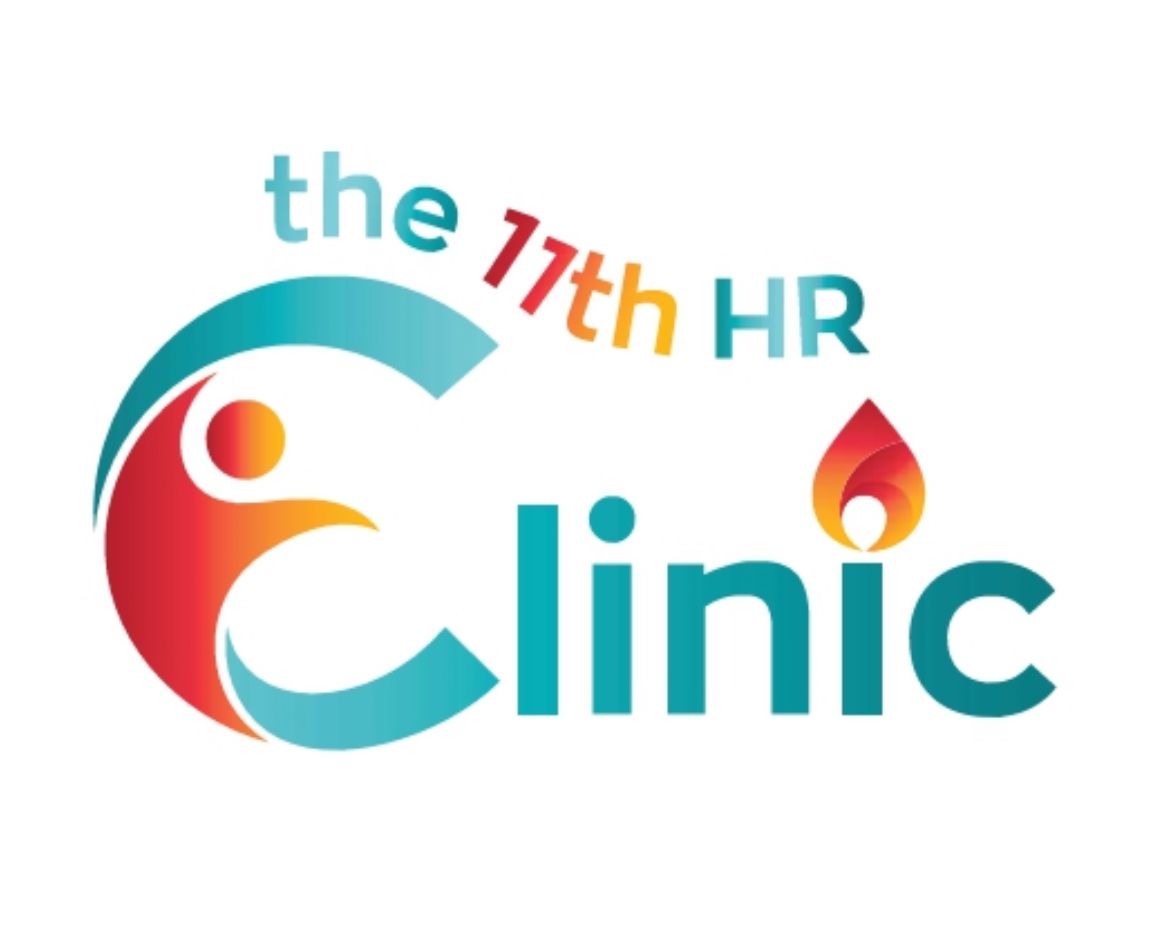Clinical Dimensions of a Moral Injury
Betrayal of the Moral Code & Keys to Recovery
Moral injury is increasingly recognized as a significant psychological construct within trauma studies. It refers to the profound emotional distress that arises from actions, or the lack thereof, which violate an individual's moral or ethical code. This phenomenon is distinct from, yet often co-occurs with, post-traumatic stress disorder (PTSD), and has been observed across various populations, including military personnel, healthcare workers, and first responders.
Defining Moral Injury
Moral injury is characterized by feelings of guilt, shame, and betrayal resulting from participation in, or witness to, events that transgress one's moral beliefs. Litz et al. (2009) conceptualized moral injury as the psychological, social, and spiritual impact of events involving moral transgressions, leading to profound emotional distress. Unlike PTSD, which is primarily fear-based, moral injury centers on moral and ethical dimensions of trauma.
Populations at Risk
While initially studied in military contexts, moral injury has been identified in other high-stakes professions. Healthcare workers, for instance, may experience moral injury when systemic constraints prevent them from providing adequate care, leading to feelings of helplessness and ethical dissonance (Williamson et al., 2021). Similarly, first responders and law enforcement officers may encounter situations where their actions, though legally justified, conflict with personal moral standards.
Clinical Presentations
Individuals suffering from moral injury may exhibit a range of psychological symptoms, including:
- Profound guilt and shame
- Anger and resentment
- Loss of trust in self and others
- Social withdrawal
- Spiritual or existential crises
These symptoms can lead to significant functional impairments and are associated with increased risk for depression, anxiety, and suicidal ideation (Griffin et al., 2019).
Therapeutic Approaches
Addressing moral injury requires interventions that go beyond traditional PTSD treatments. Effective approaches often incorporate:
- Cognitive Processing Therapy (CPT): Adapted to address maladaptive beliefs related to moral transgressions.
- Adaptive Disclosure: A therapy designed for combat-related trauma that includes components for addressing moral injury.
- Spiritually Integrated Therapy: Incorporating spiritual beliefs into therapy has shown promise, particularly for individuals whose moral injury involves spiritual or existential dimensions (Koenig et al., 2017)
Moreover, group therapy settings can provide communal support and validation, which are crucial for individuals grappling with moral injury.
Conclusion
Moral injury represents a complex interplay between psychological distress and moral conflict. Recognizing and addressing this phenomenon is essential for the effective treatment of individuals exposed to morally injurious events. At the 11th HR clinic, we are committed to providing comprehensive care that acknowledges the multifaceted nature of moral injury, integrating evidence-based practices to support healing and recovery.
References
- Griffin, B. J., Purcell, N., Burkman, K., Litz, B. T., Bryan, C. J., Schmitz, M., & Maguen, S. (2019). Moral injury: An integrative review. Journal of Traumatic Stress, 32(3), 350-362.
- Koenig, H. G., Youssef, N. A., & Pearce, M. (2017). Assessment of moral injury in veterans and active duty military personnel with PTSD: A review. Frontiers in Psychiatry, 8, 57.
- Litz, B. T., Stein, N., Delaney, E., Lebowitz, L., Nash, W. P., Silva, C., & Maguen, S. (2009). Moral injury and moral repair in war veterans: A preliminary model and intervention strategy. Clinical Psychology Review, 29(8), 695-706.
- Williamson, V., Murphy, D., & Greenberg, N. (2021). COVID-19 and experiences of moral injury in front-line key workers. Occupational Medicine, 71(5), 208-214.



